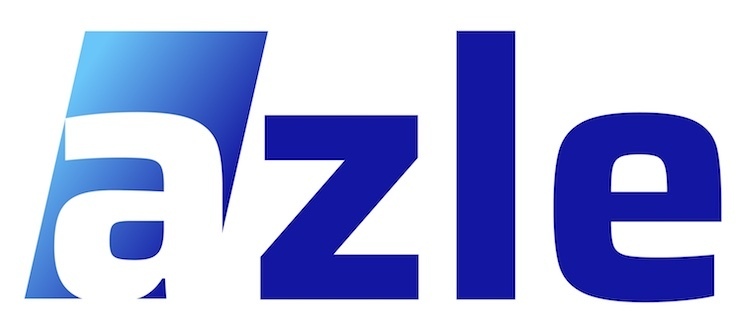Azle Technologies Inc.,a new type of technology startup is spawning multiple deep technology companies, and also curating specific acquisition targets. In its collection of companies, Azle deploys a proprietary business process called ASEE ™ , Azle Systems Engineering Enterprise ™ .
Traditionally, different technologies are developed by different startups in their own silos, and when it comes to integrating them for a solution, they don’t glue well. It is because of both for engineering reasons and for organization cultural reasons. Azle is building itself on a common engineering process. But leaves each of the subsidiaries to build their own beat.
In a way, Azle wants to become a vertically integrated conglomerate, where it not only benefits itself, but it can also benefit other industries. When the founder started XAIR, a company that was building atmospheric satellites or HALE (High Altitude Long Endurance) gliders, it was necessary to have a robust command and control radio connection. But building a proprietary solution to this problem led to the creation of FXCOM, which is building advanced wireless comms equipment for industrial automation, robotics, drones and more. Among its other holding assets are XiFi, FXCOM, XYON, XAIR and an undisclosed eponymous app system Azle.
“Engineering process is actually a management paradigm. In a sense we use systems engineering principles, for not only developing products, but finance, human capital and opportunities.”, said Seshu Kiran, the founder and chief engineer of Alze.
About Azle
Azle Technologies Inc., headquartered in Fort Worth, TX, is a fund and holding company of multiple technology startups. It integrates advanced products by deploying a rigorous business process called ASEE ™ , Azle Systems Engineering Enterprise ™ .
More information visit www.azle.xyz

Azle, ASEE, Azle Systems Engineering Enterprise, are trademarks of Azle Technologies Inc., And the trademarks of held companies are owned by respective companies and Azle.
###
Original Source of the original story >> Is there a business case for a startup conglomerate?







